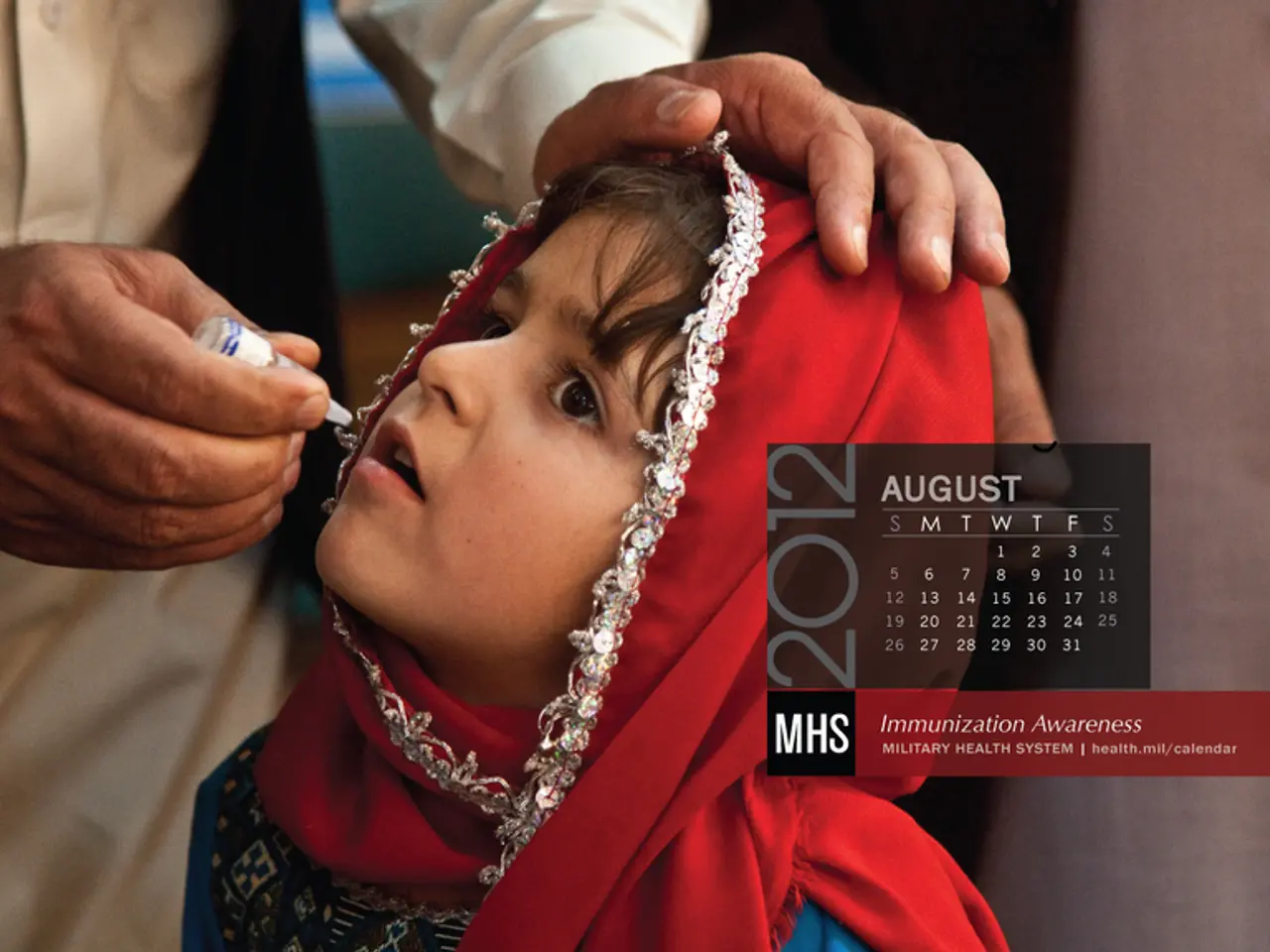Flu Vaccine Crucial for Protecting Vulnerable Populations
The flu vaccine is crucial for protecting vulnerable populations and preventing severe complications. Although healthy individuals may not experience severe symptoms, vaccination is vital for stopping the spread and safeguarding those at higher risk.
The Standing Vaccination Commission (STIKO) advises flu vaccination for people aged 60 and above, pregnant women from the second trimester, and those with chronic conditions such as diabetes, asthma, heart diseases, and immune system weaknesses. Residents of nursing and elderly care homes are also urged to get vaccinated. Healthcare workers and household members of at-risk individuals should also consider vaccination due to frequent contact with vulnerable populations.
The flu vaccine's effectiveness varies yearly, ranging from 20 to 60 percent. While the Southern Hemisphere's results can offer initial insights, changes in viruses' composition may impact this. It takes up to two weeks for the vaccine's protection to build up completely. The vaccine's composition is determined in spring, and its effectiveness is assessed post-flu season by the World Health Organization (WHO) and national institutes like the Robert Koch Institute.
In the 2017/2018 flu season, 25,100 people in Germany lost their lives due to the flu. Vaccination is essential for reducing these numbers and protecting vulnerable populations. Despite varying effectiveness, the flu vaccine remains the best tool we have to combat the virus and its severe complications.






